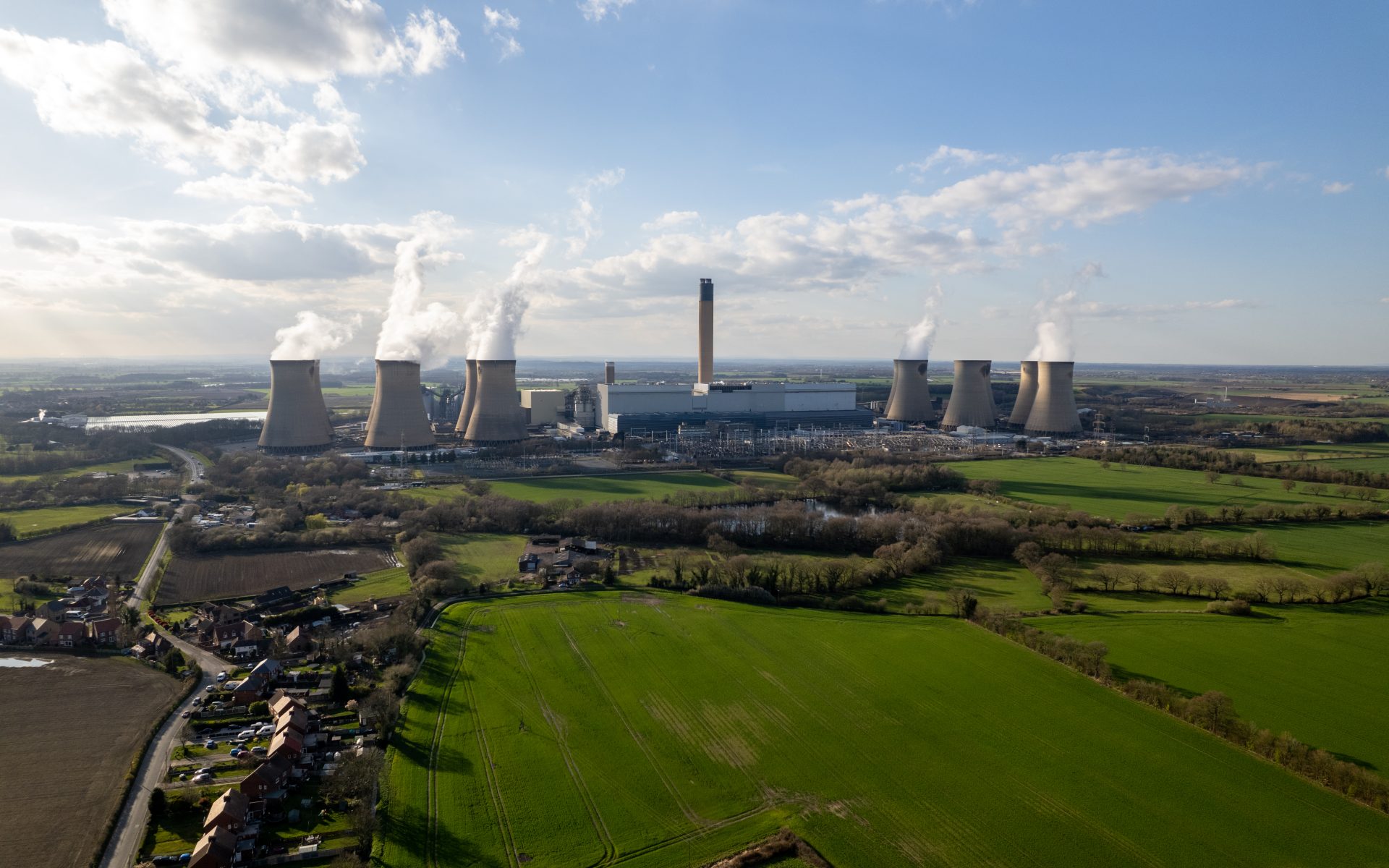
Drax Power Station currently has four biomass generating units and produces around 4% of the country’s power and 9% of its renewable electricity.
The DCO is a milestone for the project, providing planning consent for its development. BECCS is currently the only credible large-scale technology that can both deliver carbon removals and generate renewable power. Drax’s BECCS plans will enable Drax Power Station to continue to play a critical role in supporting UK energy security and would enable it to remove approximately 8 million tonnes of carbon dioxide per year when both units are fully operational.
Recent Baringa analysis found that delivering BECCS at Drax Power Station could, if implemented, save the UK £15bn in whole economy costs between 2030 and 2050 providing a more efficient, cost effective and straightforward pathway to meeting Net Zero targets than other potential options.
Drax Group’s plans to invest billions in its BECCS plans, subject to the right support from the UK Government. This could deliver up to 10,000 high-skilled jobs in the Humber at the peak of the project’s construction as well as safeguarding 7,000 direct and supply chain jobs. Drax’s Group’s ambition is to source up to 80% of the materials and services it needs to develop BECCS in the UK from British businesses.
Will Gardiner, CEO Drax Group, said: “The DCO approval is another milestone in the development of our BECCS plans, and demonstrates both the continued role that Drax Power Station has in delivering UK energy security and the critical role it could have in delivering large-scale carbon dioxide removals to meet Net Zero targets.
“We look forward to working with our supply chain and other partners over the coming years on the project which, when fully operational, will deliver secure renewable power and approximately 8 million tonnes of carbon dioxide removals per year.
“We welcome the ongoing development of policy support for BECCS and the anticipated launch of a consultation on a bridging mechanism for biomass generators to take them from the end of current renewable schemes through to BECCS operations.”






